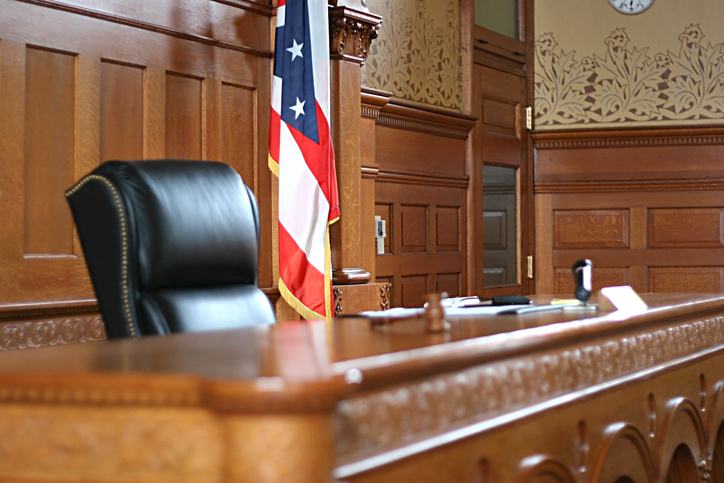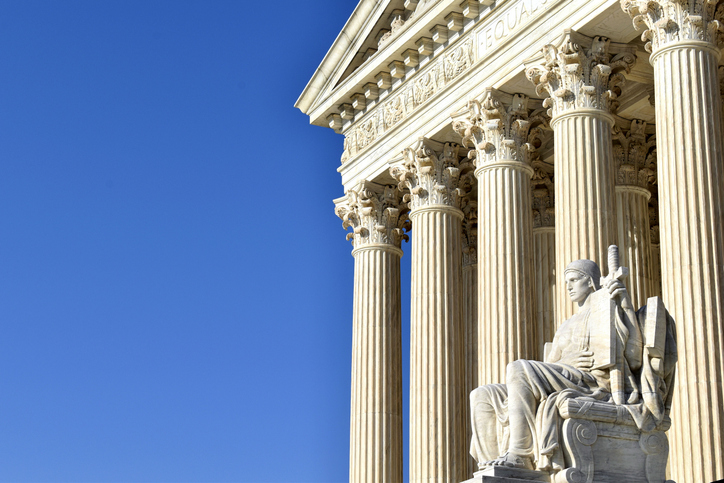Serving Residents of Philadelphia and the Commonwealth of Pennsylvania, our whistleblower lawyers serve clients who bring claims under the federal False Claims Act and other federal laws.
If you’re a Philadelphia resident who has witnessed fraud against the federal government, you may be eligible for a substantial reward. Our whistleblower lawyers at Kohn, Kohn & Colapinto have a proven track record of success in complex cases involving a wide range of federal laws, including the False Claims Act.
We focus on cases involving Medicare and Medicaid fraud, among other healthcare abuses, as well as tax evasion, money laundering, and other violations of securities or commodities law. Whatever case you may have, our global team has the experience to help you see it through to to victory.
Other federal laws we can assist with include the Occupational Safety and Health Act, Sarbanes-Oxley Act, and the Clean Water Act among many others. By reporting fraudulent activities to the right government agency, Philadelphians can help protect taxpayers and receive a significant financial reward. Our team can guide you through the process, ensuring that your rights are protected and that you maximize your potential award.
U.S. Whistleblower Award Programs
There are several whistleblower programs available to Pennsylvanian’s looking to bring justice. These programs protect whistleblowers from potential retaliation against their employer, and also offer sizeable awards, which are based off a percentage of the amount obtained.
Federal Whistleblower Programs
Below is an overview of the strongest federal programs available to whistleblowers, which may be applicable to U.S. citizens and foreigners.
- SEC Whistleblower Program – this program offers protection and awards to those who blow the whistle on violations of the Securities Exchange Act, such as market manipulation or investment fraud.
- CFTC Whistleblower Program – this program offers protection and awards to whistleblowers who report manipulation, such as with precious metals, energy market manipulation, spoofing, and more.
- AML and Sanctions Whistleblower Program – this program can be used by whistleblowers to report violations of the Bank Secrecy Act, and other failures under various anti-money laundering laws.
- IRS Whistleblower Program – the IRS whistleblower program awards and protection to individuals who report criminal or non-criminal tax evasion or underpayment of taxes exceeding a certain amount.
- False Claims Act and Qui Tam – this law is one of the strongest and most effective laws available to whistleblowers, and is used by those to report government contracting fraud.
There are other laws out there that whistleblowers can rely on, including the Occupational Safety and Health Act, Sarbanes-Oxley Act, Clean Water Act and hundreds of others. Learn more about these in Rules for Whistleblowers: A Handbook for Doing What’s Right.
The Federal False Claims Act for Pennsylvanians
The federal False Claims Act is a powerful tool for protecting taxpayers in Pennsylvania and across the United States. This law allows individuals to report fraudulent activities involving government programs, such as Medicare and Medicaid.
Key Benefits of the False Claims Act:
- Fraud Prevention – helps prevent waste and abuse of taxpayer funds.
- Financial Rewards – whistleblowers may receive a portion of the recovered damages.
- Retaliation Protection – safeguards individuals who report fraudulent activity.
Whistleblowes, known as “qui tam relators,” can bring civil actions on behalf of the government against those who knowingly submit false or fraudulent claims. Successful cases can result in substantial financial rewards for the relator.
While Pennsylvania does not have a state-level False Claims Act, there are other laws in place to address fraudulent activity. The Pennsylvania Medicaid Fraud and Abuse Control Law is particularly relevant, focusing on fraud within the Medicaid program.
Pennsylvania Medicaid Fraud and Abuse Control Law
The Pennsylvania Medicaid Fraud Control Section is committed to safeguarding the integrity of the Medicaid program, which provides vital healthcare services to millions of Pennsylvanians. This agency has the authority to investigate and prosecute individuals and businesses that engage in fraudulent activities. Any healthcare provider who bills Medicaid for services is subject to scrutiny, including:
- Physicians
- Dentists
- Nurses
- Nursing homes
- Pharmacies
- Home health agencies
- Behavioral health specialists
Fraudulent activities within the Medicaid program diverts taxpayer dollars away from those who truly need healthcare assistance. Violators may face felony or misdemeanor charges, resulting in fines, imprisonment, and loss of professional licenses.
Common Examples of Medicaid Fraud
- False Billing – Billing for services not provided or for more expensive services than were rendered.
- Prescription Abuse – Prescribing unnecessary controlled substances or filling forged prescriptions.
- Double Billing – Billing for the same service multiple times.
- Kickbacks – Referring patients to other providers for unnecessary services in exchange for kickbacks.
- Fraudulent Claims – Claiming to provide services that were not delivered.
Medicaid is a government-funded program that provides healthcare coverage to low-income individuals, people with disabilities, and the elderly. It plays a crucial role in ensuring access to essential medical care for vulnerable Pennsylvanians.
Contact a Pennsylvania Whistleblower Lawyer
If you have information about fraud involving government funds, healthcare programs, or other public resources in Pennsylvania, don’t hesitate to contact us for a free and confidential consultation. Regardless of your residency, our experienced attorneys can help you understand your options and explore the possibility of receiving a financial reward.








